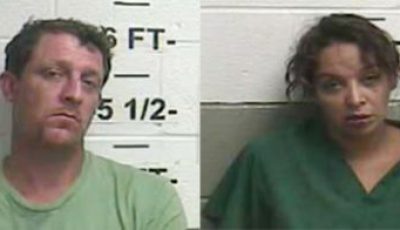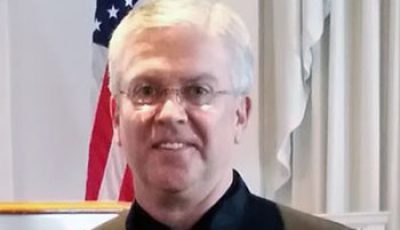Kentucky Supreme Court rules against historical racing machines
Less than a week after Keeneland officials announced revised plans for the proposed harness racing track in Corbin, which includes an extension facility in Williamsburg, the Kentucky Supreme Court issued a ruling against historical racing machines.
In the unanimous decision in the case of The Family Trust Foundation of Kentucky, Inc. v. The Kentucky Horse Racing Commission; The Kentucky Department of Revenue; Keeneland Association, Inc.; Turfway Park, LLC; Players Bluegrass Downs; Appalachian Racing, LLC; Kentucky Downs, LLC; Ellis Park Race Course, Inc.; Lexington Trots Breeders Association, Inc. and Churchill Downs Incorporated rendered last Thursday, the court noted that unlike betting on live racing either at a track or when simulcast to another facility, the Encore system does not create a wagering pool among patrons so that they are wagering among themselves.
As a result, the machines don’t constitute a, “pari-mutuel system of wagering,” the court stated.
In the previous opinion issued in 2014 in Appalachian Racing, LLC v. Family Trust Foundation of Kentucky, Inc., in which the Kentucky Horse Racing Commission, The Kentucky Department of Revenue, and eight horse racing associations were seeking judicial approval for historical racing, Justice Daniel J. Venters noted that one such historical racing device appears similar to a slot machine.
An individual playing the machine chooses a horse only identified by number. While a video of a race is displayed for the bettor to watch, the bettor may forego the video and immediately see the results of the race and outcome of the wager.
“Bettors are not given information from which they might identify the specific time and place of the actual running of the race, or the identity of the horse, but some statistical data regarding the horses is provided for bettors who wish to place their bets with some degree of deliberation,” Venters wrote.
However, as noted in Thursday’s opinion, the Encore system is no longer used by any Kentucky Racing Association.
The case was remanded back to Franklin Circuit Court where a trial was held and the court found that historical racing does meet the legal definition of pari-mutuel racing, even though all of the patrons are not wagering on the same horse races.
However, in the decision, the supreme court found that the trial court had erred in its decision.
“Without providing simultaneous access to one historical horse race to the same group of patrons, no pari-mutuel pool can be created among the patrons in which they are wagering among themselves, setting the odds and the payout,” the court wrote.
In addition, the court noted that the association provides the seed money for the betting pool.
“The betting pools are required to be established only by the patrons,” the court wrote adding that the possibility exists for one patron to win the entire pool which would force the association to step back in and replenish it.
“At such points, the pools are not created by the patrons as required by pari-mutuel wagering,” the court stated.
Finally, the court noted that while the state legislature has enacted laws to permit pari-mutuel wagering, and then to expand it to permit simulcasting of races from other parts of the state, and later, the country.
“The legislature has never altered or changed the definition of pari-mutuel wagering, whether it is referred to as combination, French, Paris mutuel or pari-mutuel pools,” the court wrote. “The Commission is charged with regulating pari-mutuel wagering. But without positive legislative action and sanction, it has not authority to create from whole cloth and to approve a wagering pool in which each patron is wagering on a different event or set of events.”
When the Corbin track was first announced in 2014, it was with the intention that historical racing machines would be available in addition to simulcasting and a limited number of live racing dates.
Williamsburg Mayor Roddy Harrison said previously that the 22,000 square foot facility planned for Williamsburg would include 400 of the historical racing machines.








